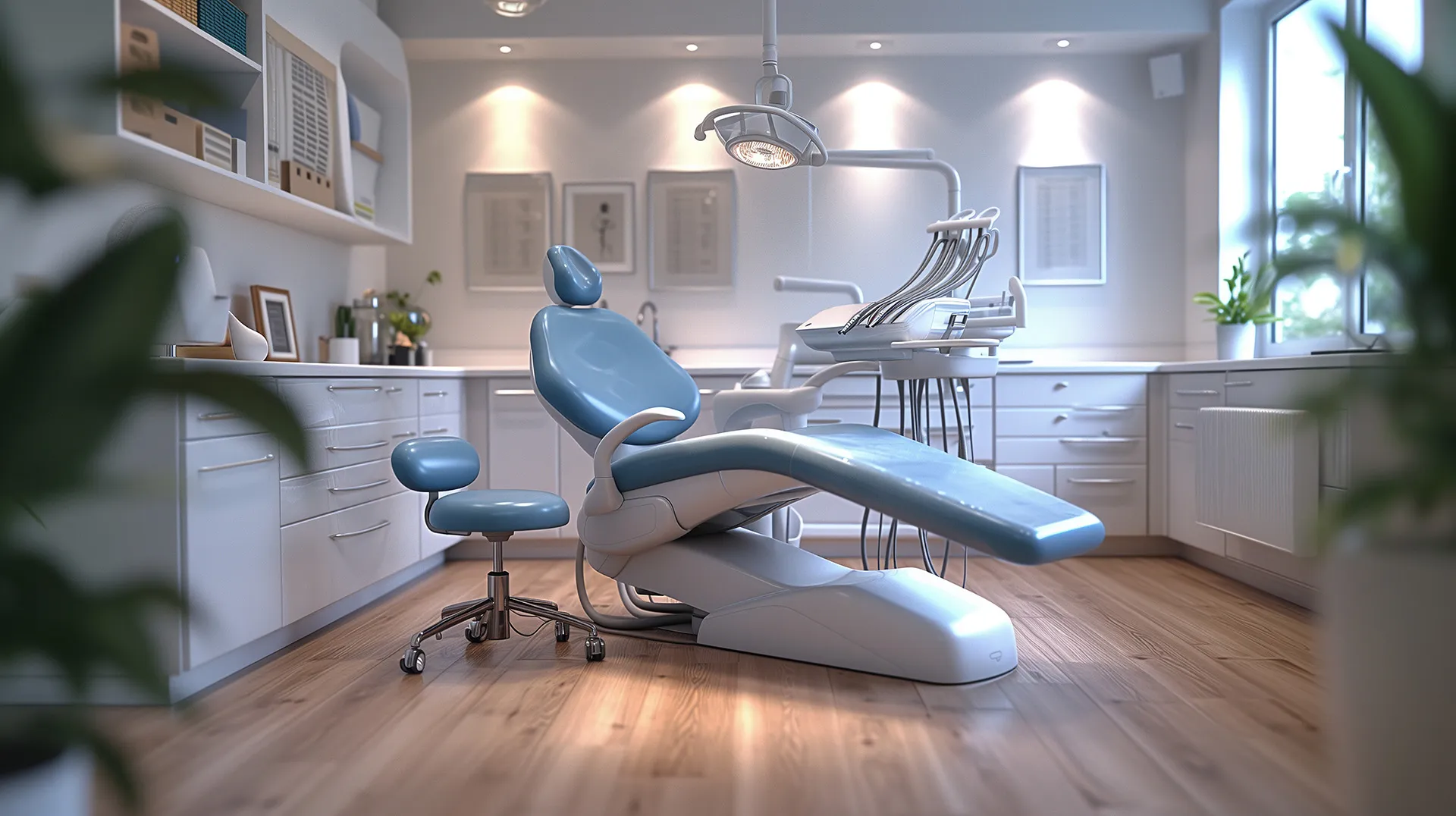TMJ Therapy in Tucson, AZ
Relief from Jaw Pain, Headaches, and Tension
If you're experiencing frequent jaw pain, tension headaches, or clicking sounds when chewing, you may be suffering from a temporomandibular joint disorder (TMD). TMJ disorders affect the joints and muscles that control jaw movement, often leading to discomfort that interferes with daily life. At Ironwood Dental, we provide non-surgical TMJ therapy to help patients in Tucson, Oro Valley, Marana, Casas Adobes, and Catalina Foothills find lasting relief. Our approach focuses on diagnosing the root cause of your discomfort and creating a treatment plan tailored to your symptoms and lifestyle.

What Is TMJ Disorder?
The temporomandibular joint (TMJ) connects your jawbone to your skull and plays a crucial role in speaking, chewing, and yawning. When this joint becomes strained or misaligned, it can cause pain and dysfunction—referred to collectively as TMD.
Common signs and symptoms include:
- Clicking, popping, or grinding sounds in the jaw
- Facial or jaw pain, especially around the temples
- Limited or painful jaw movement
- Headaches or migraines
- Neck or shoulder tension
- Earaches or a feeling of fullness in the ears
- Worn, cracked, or sensitive teeth from grinding
Many people don’t realize their symptoms are connected to jaw joint strain until a proper diagnosis is made.
Causes of TMJ Disorders
TMD can have several contributing factors, including:
- Chronic teeth grinding or clenching (bruxism)
- Jaw injury or trauma
- Misaligned bite or missing teeth
- Stress or anxiety-related muscle tension
- Arthritis in the jaw joint
By identifying the cause, we can recommend conservative, effective treatment options that help restore function and reduce discomfort.
TMJ Treatment Options at Ironwood Dental
Our therapy plans are designed to relieve strain on the jaw joint and prevent long-term damage. Treatment may include:
1. Custom Nightguards
We create precision-fit nightguards that reduce pressure on the TMJ and protect your teeth from the effects of bruxism. Unlike store-bought options, these appliances are molded to your bite for comfort and stability.
2. Bite Adjustments
Subtle reshaping of tooth surfaces can help balance your bite and eliminate excess stress on the joint. This may be combined with other forms of restorative treatment.
3. Behavioral Guidance
We provide coaching on relaxation techniques, posture correction, and at-home jaw exercises to reduce muscle tension and improve joint mobility.
4. Advanced Diagnostics
Digital imaging allows us to evaluate joint structure, muscle function, and bite alignment to tailor your therapy plan accurately.
In cases where TMJ symptoms are linked to grinding, we may also recommend occlusal guards or evaluate the need for orthodontic treatment to stabilize your bite.
What to Expect During Your Visit
During your initial consultation, one of our experienced dentists—Dr. Karley Schneider, Dr. Alyssa Holmes, or Dr. Alexander Ordoñez—will review your symptoms, perform a TMJ-focused exam, and recommend next steps. You can expect:
- A review of your medical and dental history
- Examination of jaw movement and range of motion
- Evaluation of wear patterns on your teeth
- Imaging, if needed, to assess joint health
- Discussion of therapy options suited to your needs
Most patients see improvement through conservative therapy alone, without the need for surgery or medication.
Frequently Asked Questions
How do I know if I have TMJ disorder?
If you have jaw discomfort, limited movement, or frequent headaches near the temples or ears, a TMJ evaluation is recommended. Only a dentist can diagnose TMD with accuracy.
Are nightguards uncomfortable to wear?
Custom nightguards are designed to fit securely and comfortably. Most patients adjust quickly and experience relief within a few nights of use.
Can TMJ symptoms go away on their own?
In mild cases, symptoms may improve with rest and reduced jaw activity. However, persistent discomfort or recurring symptoms should be professionally evaluated.
Will I need surgery?
Surgery is rarely needed. Most TMJ issues can be managed with non-invasive methods like nightguards, physical therapy, or bite adjustments.
Can stress cause TMJ problems?
Yes. Clenching or grinding triggered by stress is one of the most common contributors to TMJ pain. Relaxation strategies and awareness can help reduce this tension.
Lorem ipsum dolor sit amet, consectetur adipiscing elit. Suspendisse varius enim in eros elementum tristique. Duis cursus, mi quis viverra ornare, eros dolor interdum nulla, ut commodo diam libero vitae erat. Aenean faucibus nibh et justo cursus id rutrum lorem imperdiet. Nunc ut sem vitae risus tristique posuere.
Schedule Your TMJ Consultation in Tucson
You don’t have to live with chronic jaw pain or tension headaches. At Ironwood Dental, we provide expert, conservative TMJ therapy designed to relieve discomfort and restore balance. Let us help you regain comfortable function and a better quality of life.
Call 520-888-2900 or request a visit online today.
